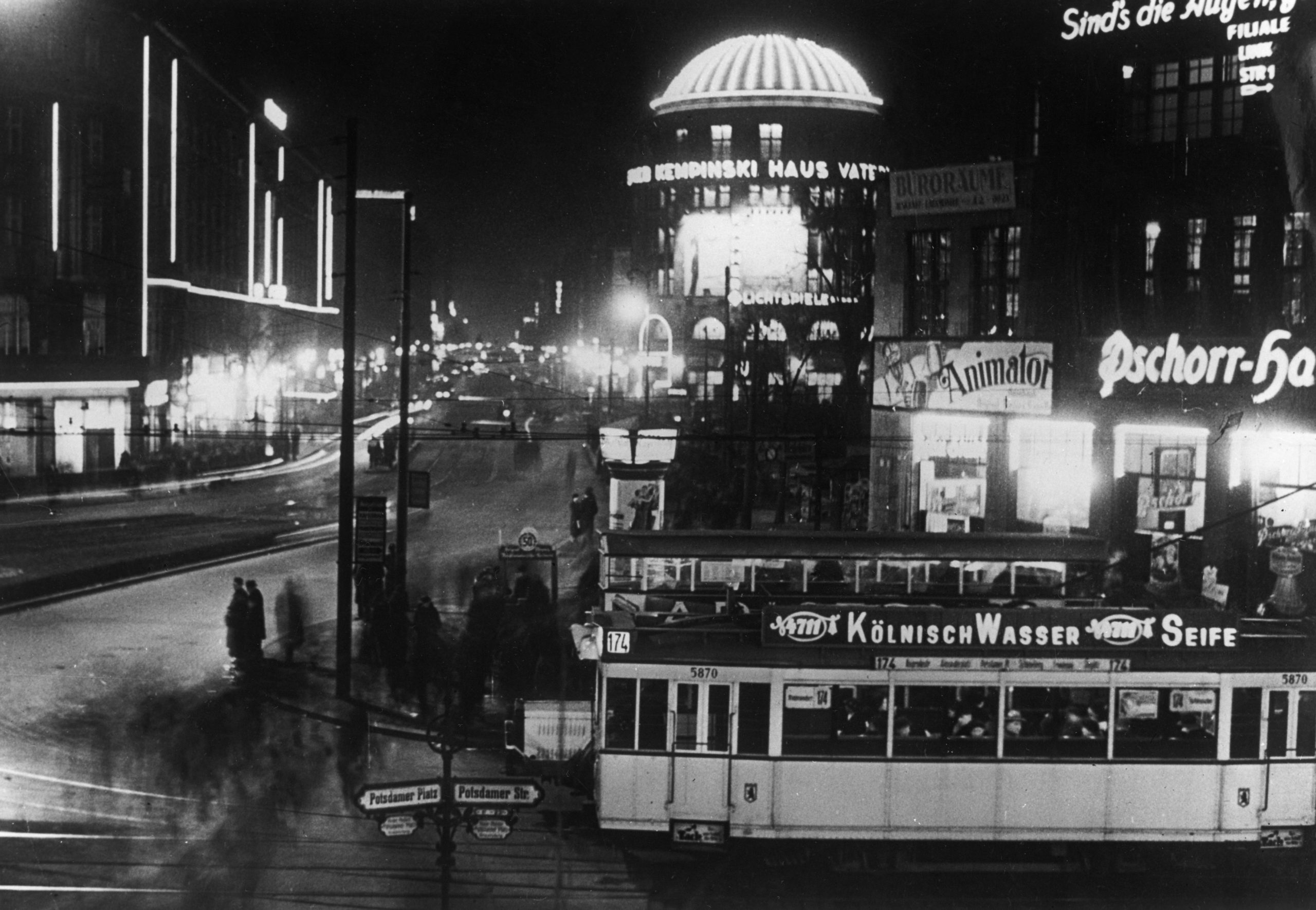Is It Common to Invite Cleaners into Homes in Germany? A Cultural Overview
Inviting cleaners into private homes has become increasingly common in Germany, but this trend is relatively new compared to other Western countries. German attitudes toward hiring domestic help have evolved over time, influenced by cultural norms, economic factors, and shifting demographics. This article explores the history of domestic cleaning services in Germany, compares the situation to neighboring countries, and examines how the practice fits into contemporary German life.
The Historical Context: Domestic Help in Germany
[caption id="attachment_900" align="alignleft" width="2560"] Aufnahmedatum: 1920er, Material/Technik: Fotografie, Aufnahmeort: Berlin, Deutsches Reich (Deutschland), , Copyright: bpk[/caption]
Aufnahmedatum: 1920er, Material/Technik: Fotografie, Aufnahmeort: Berlin, Deutsches Reich (Deutschland), , Copyright: bpk[/caption]
Historically, hiring domestic help in Germany was mainly a privilege of the wealthy. In the late 19th and early 20th centuries, middle- and upper-class families commonly employed maids, nannies, and cooks. However, after World War II, attitudes shifted dramatically. The devastation of the war led to widespread financial instability, making domestic help unaffordable for most people. Furthermore, post-war societal values emphasized self-sufficiency and frugality, leading many to view cleaning as a task that should be done by the household members themselves.
During the economic boom of the 1960s and 1970s, as more women entered the workforce, the demand for cleaning services began to rise slowly. However, it wasn’t until recent decades that hiring cleaners became more widely accepted among middle-class households.
Current Trends: Modern Attitudes Toward Hiring Cleaners
Today, Germany sees a growing acceptance of inviting cleaners into private homes, especially in urban areas like Berlin, Munich, and Hamburg. The following factors contribute to this trend:
-
Busy Lifestyles: With more dual-income families and people working longer hours, time for household chores has diminished. Many Germans now prioritize convenience, making cleaning services a popular option.
-
Aging Population: Germany’s aging population has led to increased demand for domestic help. Elderly citizens who find it difficult to manage household chores often hire cleaners to maintain their homes.
-
Immigrant Labor: The influx of migrants, especially from Eastern Europe, has made cleaning services more affordable. Many workers are employed as freelance cleaners, offering competitive prices that make the service accessible to a broader population.
-
Digital Platforms: Online platforms like Helpling, Book A Tiger, and Cleanwhale.de have made it easier to find and hire professional cleaners. These services provide transparency in pricing, reviews, and scheduling, which has helped overcome cultural hesitations.
Despite these trends, there are still regional and generational differences in attitudes. In smaller towns and rural areas, it’s less common to hire cleaners, partly due to the perception that household tasks should be managed independently. Older generations, who grew up in post-war Germany, also tend to be more resistant to outsourcing cleaning duties.

Comparison with Neighboring Countries
The practice of hiring domestic cleaners is more ingrained in some of Germany’s neighboring countries:
-
France: In France, hiring domestic help is widespread and has long been integrated into daily life. The French government even offers tax breaks to those who employ cleaners, which encourages more households to use these services.
-
The Netherlands: Dutch households frequently hire part-time cleaners, and the industry is well-regulated. Like in Germany, platforms that connect clients with freelance cleaners have grown in popularity, making it easier for middle-class families to access affordable help.
-
United Kingdom: The UK has a well-established culture of hiring cleaners, particularly in larger cities like London. Many households have weekly or bi-weekly cleaning appointments as a standard part of home management.
-
Austria: In Austria, attitudes are similar to Germany, where hiring cleaners is becoming more common but still faces cultural resistance in certain regions. However, urban centers like Vienna see higher rates of domestic cleaning services due to similar lifestyle shifts.
The Social and Economic Impact
As more German households turn to professional cleaning services, the industry has grown substantially. This growth has both positive and negative impacts:
-
Job Creation: The increase in demand for cleaners has provided job opportunities, particularly for immigrants and those with limited qualifications. However, many of these jobs are low-wage, and the industry faces issues related to informal or "black market" employment.
-
Tax and Legal Considerations: Germany has strict laws regarding employment contracts and taxes. Many cleaners work in the informal sector to avoid these complexities, which poses challenges for legal oversight and fair wages. The German government has been working to encourage formal contracts and fair labor practices through tax incentives and awareness campaigns.
Conclusion: A Shifting Culture in German Homes
While Germany’s history shows a reluctance to rely on domestic help, the landscape is changing. Hiring cleaners is becoming more mainstream, especially in large cities and among younger professionals. Cultural acceptance, economic factors, and digital innovation are all playing roles in this transformation. Though still evolving, the trend reflects broader societal shifts toward convenience, work-life balance, and changing gender roles in German households.
As Germany continues to modernize, it is likely that hiring domestic cleaners will become even more normalized, aligning more closely with practices seen in neighboring countries.















